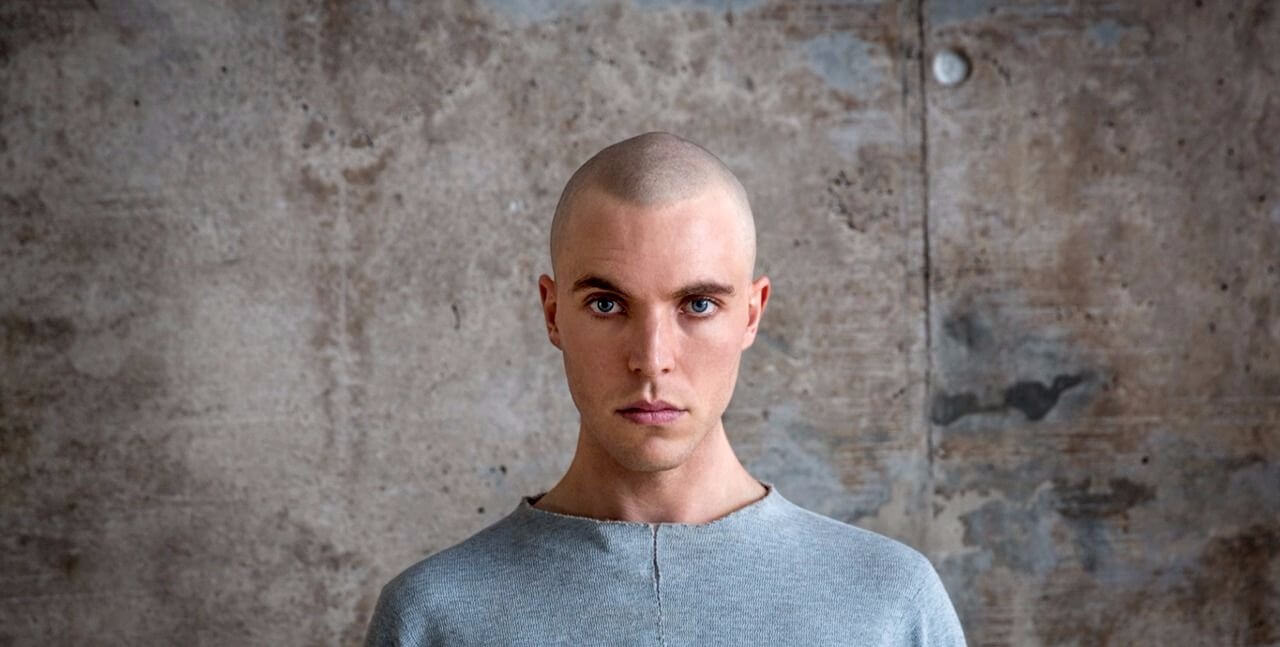Realive [2016]: The science fiction film genre can introduce audiences to worlds beyond their comprehension—transporting them to recesses of existence only imaginable through impossible dreams. However remarkable these visions might be, a remaining sliver of humanity must be present in order to regulate this suspension of disbelief and tell an effective story. Spanish director Mateo Gil’s Realive (2016) does just that, and in a twist of irony, is just as human as it is alien in its approach. The film is narrated by a man named Marc Jarvis (Tom Hughes), who becomes the first person to be successfully revived after being cryogenically preserved for seventy years. Marc struggles to adapt to his new life and wonders if he has changed as much as the world around him.
You Only Live Once?: Marc’s journey as a terminally ill man searching for a second chance to a laboratory guinea pig is expertly chronicled by Gil’s editing techniques that intersplice moments from his first life to his new living situation in the year 2084. There is a stark contrast between the colorful vibrancy seen through flashbacks of childhood memories and lost love, and the cold medical setting where Marc has been reborn. That is not to say that Marc’s newfound life is completely doom and gloom from the beginning. Nicknamed “Lazarus” among those of the scientific community and spectators of the future world, his resurrection is seen as an example of technological prowess and a stepping stone to more immortal advancements. Not initially affected by his important role, Marc is just as dumbfounded by the futuristic environment as viewers are, immersing himself in the pristine, monochromatic sights of tomorrow in a visually stimulating way.
Frankenstein’s Monster: The cost of a prolonged life does come at a hefty price, and Marc soon finds that he may have lost an essence of his former humanity. Almost completely dependent on machines to keep him stable in addition to having various organs and nerves altered, the disillusion he experiences makes him feel like a monstrous mistake of nature. Marc’s conflicting emotions are not only due to the loss of his former self but of his former love Naomi (Oona Chaplin), who stood by his side until the day he committed suicide to be cryogenically preserved so his disease would not overtake him. Their relationship comes across as very organic and free flowing—something that shouldn’t quite work but does, as their story is told through nonlinear vignettes in the film. Almost like a camcorder capturing fleeting moments from a different timeline, Marc’s perspective is seen through a lens of rosy innocence and sun-kissed longing as he pines for the woman he lost. Although finding a trusting companionship with one of the medical technicians who brought him back (Charlotte Le Bon), Marc still feels the emptiness of his lonely reality.
Taking the Plunge: Throughout Realive, water is shown as a key component of Marc’s genuine memories and symbolic illusions meant to represent the fine line between life and death. In different scenes depicting him as both a child and full-fledged adult, Marc must decide in contemplative hesitation whether or not to jump into a sea of bright blue water. He ultimately decides to every time, but the repetition of these scenes only underscore the sadness consuming Marc in his reborn state of being. Gone are the carefree days of a spirited young boy and broken are the bonds he had formed with the people he once knew nearly a century ago. The film excels at creating an atmosphere of regret through the internal conflict Marc experiences as the plot progresses, showcasing a profound understanding of human nature.
Realive is a graceful look into the fragility of human life and how death may not be as terrifying as a forced existence, emphasized by powerful imagery and a sorrowfully deep message.

Related: What's the story behind Realive?
Check out our interview with Realive's Director Mateo Gil
The film Realive is featured on Borrowing Tape's Best Films of 2016 list.

